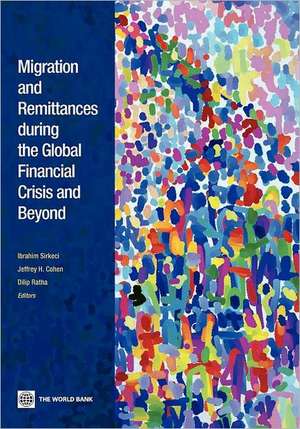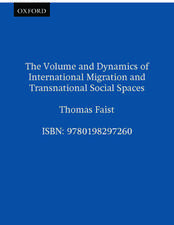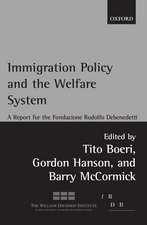Migration and Remittances During the Global Financial Crisis and Beyond: World Bank Publications
Editat de Ibrahim Sirkeci, Jeffrey H. Cohen, Dilip Rathaen Limba Engleză Paperback – 30 apr 2012
Preț: 329.40 lei
Nou
Puncte Express: 494
Preț estimativ în valută:
63.03€ • 65.99$ • 52.15£
63.03€ • 65.99$ • 52.15£
Carte tipărită la comandă
Livrare economică 05-19 aprilie
Preluare comenzi: 021 569.72.76
Specificații
ISBN-13: 9780821388266
ISBN-10: 0821388266
Pagini: 468
Dimensiuni: 180 x 251 x 23 mm
Greutate: 0.82 kg
Ediția:New.
Editura: World Bank Publications
Seria World Bank Publications
ISBN-10: 0821388266
Pagini: 468
Dimensiuni: 180 x 251 x 23 mm
Greutate: 0.82 kg
Ediția:New.
Editura: World Bank Publications
Seria World Bank Publications


























